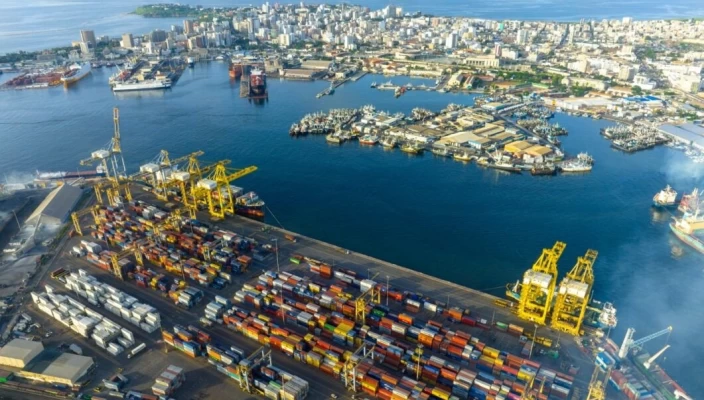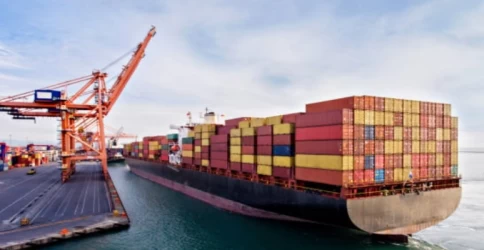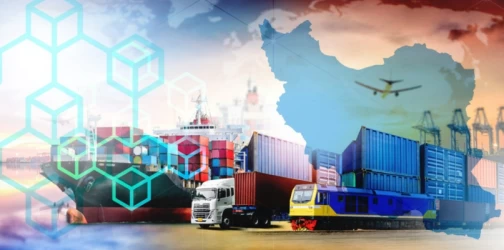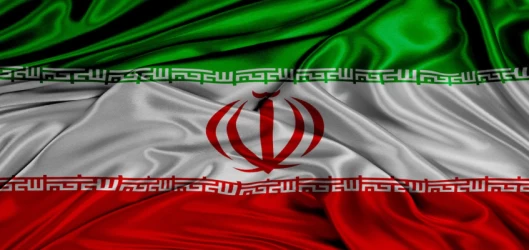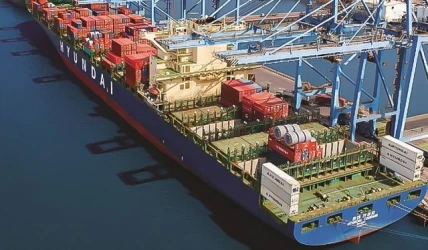Sea Freight in Dakar Port
The Port of Dakar, located in Senegal, is one of the most significant maritime hubs in West Africa. Its strategic position on the westernmost point of the African continent makes it a crucial gateway for trade between Africa, Europe, and the Americas. This article delves into the various aspects of sea freight operations at Dakar Port, highlighting its infrastructure, cargo handling capabilities, and its role in global trade.
Historical Background
The Port of Dakar has a rich history dating back to the colonial era. Established by the French in the 19th century, it has evolved from a modest harbor into a modern, bustling port. Over the years, significant investments have been made to expand and modernize its facilities, making it one of the most advanced ports in the region.
Infrastructure and Facilities
Dakar Port boasts state-of-the-art infrastructure designed to handle a wide variety of cargo types. Key facilities include:
- Container Terminals: The port has several container terminals equipped with modern cranes and handling equipment. These terminals can accommodate large container ships, facilitating efficient loading and unloading operations.
- Bulk Cargo Terminals: Specialized terminals for bulk cargo such as grains, minerals, and chemicals ensure smooth handling of these commodities.
- Ro-Ro Facilities: The port has dedicated roll-on/roll-off (Ro-Ro) facilities for vehicles and heavy machinery, making it a vital hub for automotive trade.
- Warehousing and Storage: Extensive warehousing and storage facilities are available, including refrigerated storage for perishable goods.
Cargo Handling Capabilities
The Port of Dakar handles a diverse range of cargo, including:
- Exports: Major exports from Dakar include groundnuts, edible oil, oil cake, gum, gold, sisal, shea butter, kapok, hides, phosphates, flour, and cement.
- Imports: The port imports a variety of goods such as cotton, metal goods, oil fuel, petrol, wine, coal, sugar, and corn.
In 2023, the port handled over 10 million tons of cargo and 425,000 TEUs (Twenty-foot Equivalent Units), reflecting its significant role in regional and international trade.
Connectivity and Trade Routes
Dakar Port is well-connected to major global shipping routes. It serves as a transshipment hub for cargo destined for other West African countries. Key trade routes include:
- Europe: Regular shipping services connect Dakar with major European ports, facilitating the export of African goods to European markets.
- Americas: The port’s strategic location allows for efficient trade with North and South America, particularly for agricultural and mineral exports.
- Asia: Increasing trade with Asian countries has led to the establishment of direct shipping routes, enhancing Dakar’s role in global trade networks.
Economic Impact
The Port of Dakar is a vital economic engine for Senegal and the broader West African region. It generates significant employment opportunities and contributes to the country’s GDP. The port’s operations support various industries, including agriculture, mining, and manufacturing, by providing efficient logistics and transportation services.
Future Developments
To maintain its competitive edge, the Port of Dakar is undergoing continuous development and modernization. Planned projects include:
- Expansion of Container Terminals: Increasing the capacity of container terminals to accommodate larger vessels and higher cargo volumes.
- Infrastructure Upgrades: Enhancing port infrastructure, including road and rail connections, to improve cargo movement efficiency.
- Sustainability Initiatives: Implementing green port initiatives to reduce environmental impact and promote sustainable operations.
Conclusion Sea Freight in Dakar Port
The Port of Dakar stands as a testament to Senegal’s commitment to becoming a major player in global trade. Its modern facilities, strategic location, and diverse cargo handling capabilities make it a key hub for sea freight in West Africa. As the port continues to evolve and expand, it will undoubtedly play an even more significant role in facilitating international trade and driving economic growth in the region.
If you have any specific questions or need more detailed information about any aspect of Dakar Port, feel free to ask!

